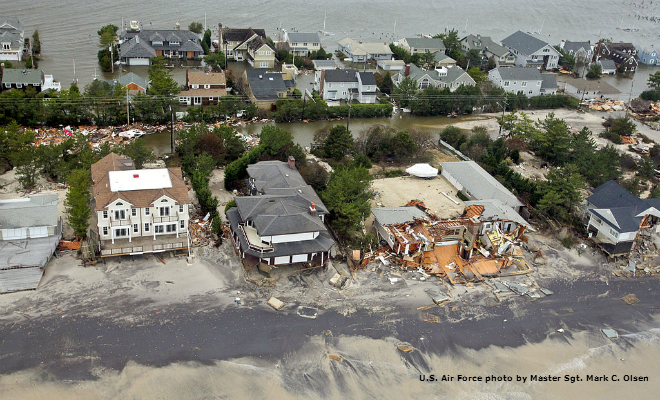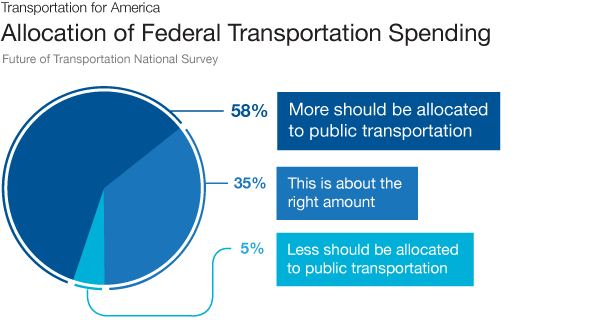New Jersey Future Blog
Council Kicks Off April 23
April 19th, 2002 by Tim Evans
- A council of 12 cabinet and state agency leaders will meet April 23 for the first time as the Smart Growth Policy Council, created by the Governor last January to lead New Jersey’s war on sprawling growth.
- Among those striving to coordinate their planning, spending and regulations with one another and the State Development and Redevelopment Plan will be the heads of New Jersey’s big-three departments: environmental protection, community affairs and transportation.
- The Council also extends beyond these usual growth players to include the heads of several departments and agencies that will have an unusually important impact on New Jersey’s growth in the coming decade, including education, agriculture, and transit.
- The Council’s work comes at a critical time: a third of New Jersey communities have average property values below 1990 levels, while a quarter of communities saw their local property taxes jump 40 percent, or more, in the past decade, largely the result of poorly managed regional growth and growth policies.
“REORIENTING” HOW THE STATE LOOKS AT GROWTH
The Smart Growth Council kicking off April 23 will “re-orient how the state looks at growth,” by integrating the State Plan into state spending policies and departmental regulations, according to Governor James E. McGreevey.
The Governor’s selection of these key “insiders” for the Council puts the force of the Governor’s office directly behind state agency implementation of the State Plan. Implementation at the local level will remain the charge of the State Planning Commission, established in 1986 to create and oversee the State Plan.
The Council also draws to the smart growth table several departments and agencies that will have a profound impact on New Jersey’s growth in the near term: The Department of Education will make the largest community investment of any state agency in the next decade: between $8 and $12 billion for the rebuilding and building of public schools. This investment could spur sprawl, or seed the rebuilding of New Jersey’s declining communities.
The Department of Agriculture will guide where and how farmland is preserved, enhancing or hindering New Jersey’s goal of preserving 1 million acres from development by 2010. NJTRANSIT can help ease traffic woes by making train stations attractive centers for community redevelopment.
Together, the members of this Council can have a profound impact in ensuring road, sewer and other public investments enhance existing communities, rather than underwrite new and sprawling development.
















